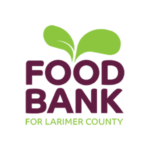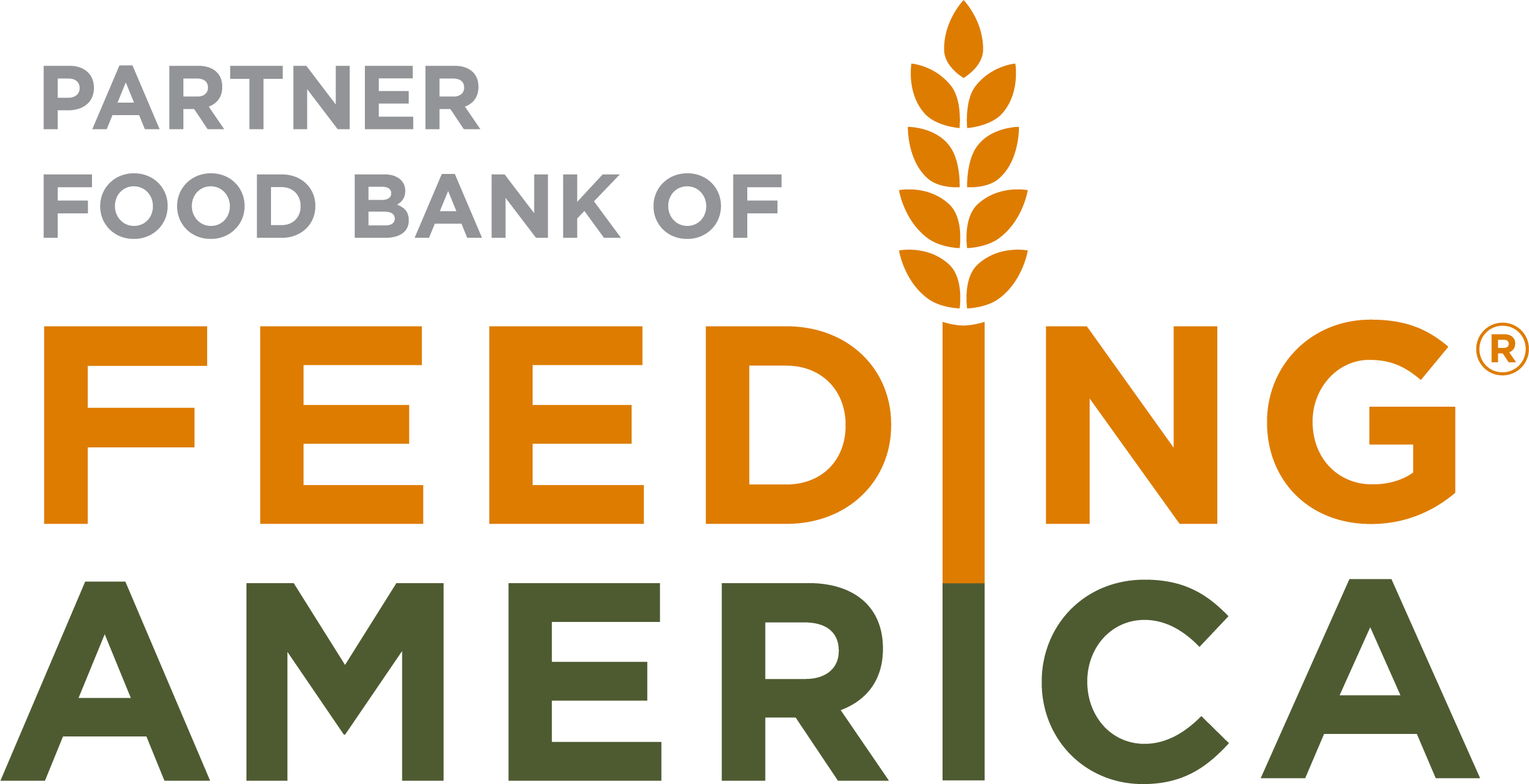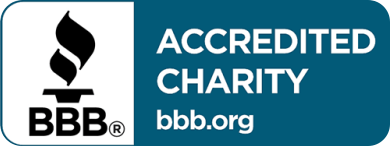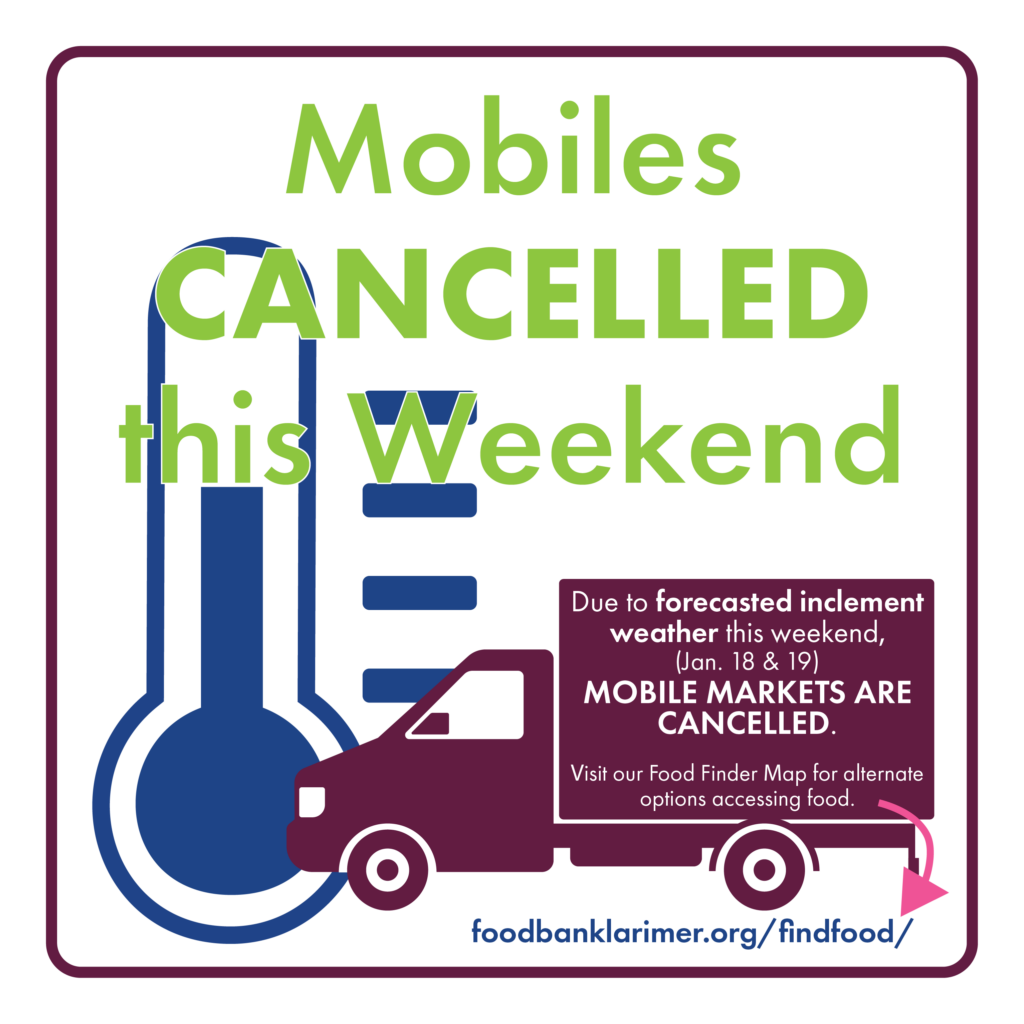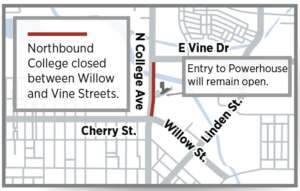
Note from the CEO
July, 2024
Have you ever had the opportunity to visit with a member of congress in Washington DC, or even in district about an issue that is important to you? My best guess is that for most, the answer is no. For many people, the idea of doing so can be scary.
It wasn’t until the summer of 2006 I seized the opportunity to do just that after being selected to attend the Allard Capital Conference. Wayne Allard was a United States Senator from 1997-2009 and was the sponsor of the Allard Capital Conference, a bi-partisan, immersive experience for Colorado residents who wanted to learn more about the workings of Washington and the decision-making process. Participants could meet with and question high ranking government officials and political leaders. It was a one-of-a-kind experience and helped ease me into the world and work of advocacy.
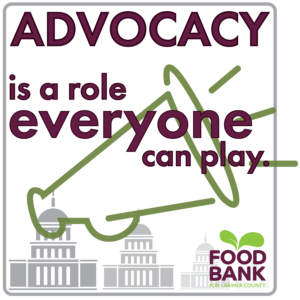 Contrary to what some may think, elected officials and decision makers DO want to hear from their constituents. It makes more impact to a legislator to hear from a constituent than it does for them to hear from me. Both sides of the aisle want and need to know their people care about working to end food insecurity.
Contrary to what some may think, elected officials and decision makers DO want to hear from their constituents. It makes more impact to a legislator to hear from a constituent than it does for them to hear from me. Both sides of the aisle want and need to know their people care about working to end food insecurity.
We have elected state senators and representatives to carry out the difficult task of determining which laws and policies will best serve these interests. However, to effectively perform their job, legislators rely heavily on input from many different sources. Legislators receive a great deal of technical information from their staff, state agency personnel, and professional lobbyists. Yet, much of what they decide depends on the views, interests, and preferences of the citizens who elect them.
This is precisely how the legislative process was designed to work. It is based on a close, open, and positive relationship between elected officials and the citizens whom they represent.
Whatever position you represent, your participation makes a difference. Our legislative process is one way each of us may contribute to the quality of life we experience in our states, counties, and cities. Your willingness to be a responsible, involved participant is crucial to the decision-making process.
While the idea of sitting down with a legislator may seem daunting there are certainly other ways to participate in the process and it’s important, too! Constituents may share feedback through letter writing or phone calls.
Feeding Colorado
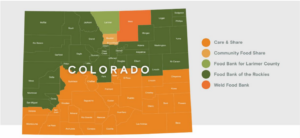 The mission of Feeding Colorado (FC), which represents the five Feeding America Food Banks in the state, is to improve food security in Colorado through policy, advocacy, partnership, and education. The role of Feeding Colorado is to bring together a common voice, leveraging our combined strengths to reach people in every county, every day. Feeding Colorado focuses first on federal engagement with members of Congress and USDA, and then on state engagement with state lawmakers, Governors’ offices, and CDHS. Each year FC establishes a set of state and federal priorities to focus on. Since 2023, one of the biggest issues they’ve been focused on is the Federal Farm Bill.
The mission of Feeding Colorado (FC), which represents the five Feeding America Food Banks in the state, is to improve food security in Colorado through policy, advocacy, partnership, and education. The role of Feeding Colorado is to bring together a common voice, leveraging our combined strengths to reach people in every county, every day. Feeding Colorado focuses first on federal engagement with members of Congress and USDA, and then on state engagement with state lawmakers, Governors’ offices, and CDHS. Each year FC establishes a set of state and federal priorities to focus on. Since 2023, one of the biggest issues they’ve been focused on is the Federal Farm Bill.
The Farm Bill
The Farm Bill is a package of legislation passed roughly once every five years that has a tremendous impact on food insecurity, farming livelihoods, how food is grown, and what kinds of foods are grown. Covering programs ranging from crop insurance for farmers to healthy food access for low-income families, the farm bill sets the stage for our food and farm systems.
The Farm Bill covers a HUGE umbrella of the food system, and the nutrition title is the largest portion of it by a landslide. Most of the federal programs that have the biggest impact on hunger are funded through the Farm Bill. This includes TEFAP (The Emergency Food Assistance Program), CSFP (Commodity Supplemental Food Program) and SNAP (Supplemental Nutrition Assistance Program).
The Food Bank relies on TEFAP and CSFP for a portion of the food we distribute. Depending on the year, this ranges from 10-20% of our food supply. We work in partnership with the state and county to help sign up eligible residents for SNAP benefits. In fact, we have two full-time team members dedicated to this. SNAP is the cornerstone of our federal nutrition programs and even boosts our economy. Every $1 in SNAP benefits spent locally generates $1.50 in economic activity. By signing up families for SNAP benefits we reduce the need for charitable food while stimulating our local economy.
Our Website Can Help Guide You
Remember, your legislators want to hear from you! Reach out to your elected officials and let them know why you care about ending hunger and why you support food security advocacy. This page, in particular, includes information on priority issues and lists of local elected officials. Visit now.
